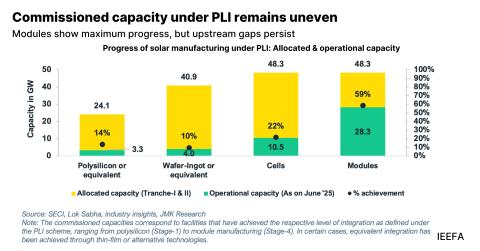Major oil companies’ ongoing struggle to pay shareholders out of cash flows from operations accelerates in dismal second quarter
Download Full Report

Key Findings
ExxonMobil, Shell, Chevron, Total and BP paid more to shareholders than they generated from operations
In Q2 2020, oil majors wrote down asset values, slashed capital spending
Overview
The second quarter financial results for the five global oil supermajors— ExxonMobil, Royal Dutch Shell (Shell), BP, Chevron and Total—showcased an industry in distress. Revenues, earnings, and operating cash flows plunged across the board, as low prices and weak demand cut into sales of oil, gas, petrochemicals and refined products around the globe. Expectations for continued low prices forced Shell to write down the value of its assets by $16.8 billion,1 while BP, Total and Chevron took impairments of $11.7 billion, $8.1 billion and $4.8 billion, respectively.
Q2 2020 saw the onset of the global pandemic (COVID-19) and the playing out of a price war between Saudi Arabia and Russia. The financial impact from the pandemic, which severely curtailed demand, exacerbated existing oversupply conditions, and the price war pushed prices down to unprecedented levels. The benchmark Brent oil price hit $29 per barrel (bbl), and ExxonMobil posted realized prices averaging $21/bbl.
Collectively, the five companies slashed capital spending by almost 30 percent compared with the same quarter in 2019. But even with these cuts, free cash flow (defined as operating cash flows minus capital spending) plummeted, with ExxonMobil, Chevron, and Shell reporting negative free cash flows for the quarter. Shell responded to the cash crunch by trimming its dividend. Nonetheless, these companies accelerated their decade-long practice3 of paying shareholders more than they earned from their core business operations, distributing $16.9 billion more in dividends and share buybacks during the quarter than they generated in free cash flow.
Since 2010, these companies have generated a total of $343 billion in free cash flows from operations, which fell far short of the $586 billion they’ve spent rewarding their shareholders. The companies plugged the $243 billion shortfall primarily through asset sales, cash drawdowns, and borrowing money from long-term debt markets.















